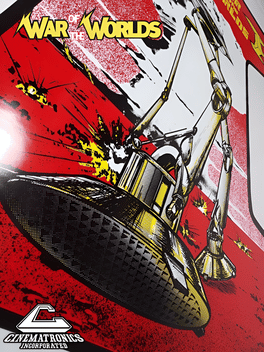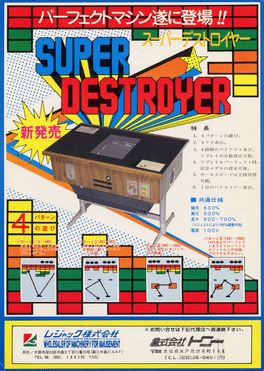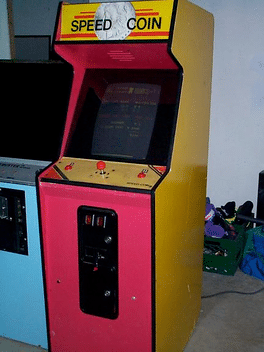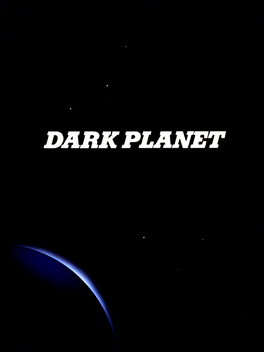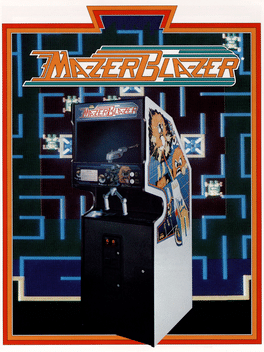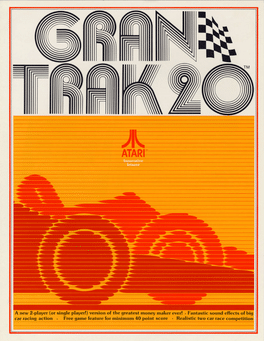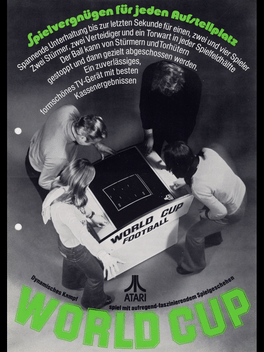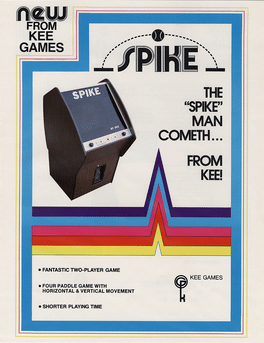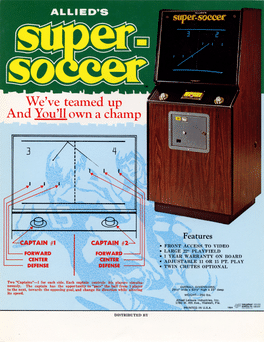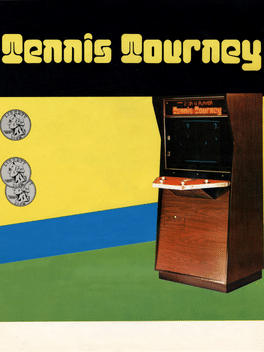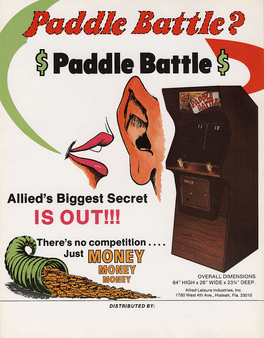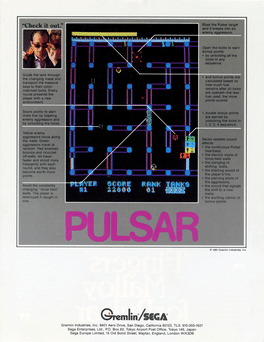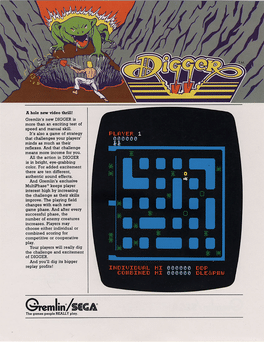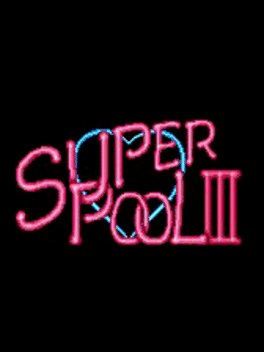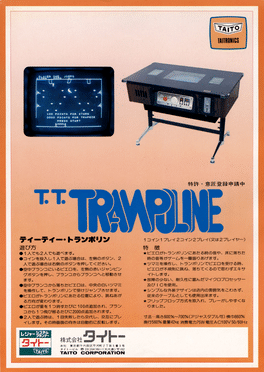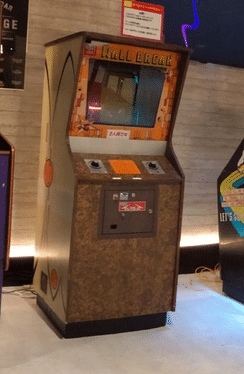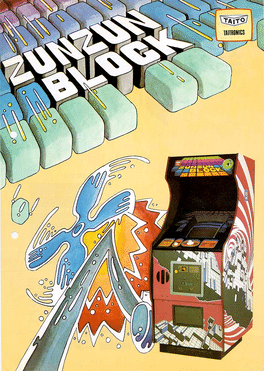Most Popular Arcade Games - Page 50
-
Block Yard
1977
Block Yard
1977
Block Yard is Konami's first video game. It is the first of a string of Breakout clones the company would produce in its early years. -
Zzyzzyxx
1982
Zzyzzyxx
1982
The object of the game is to guide the protagonist, named Zzyzzyxx, through a moving maze of bricks to collect gifts and bring them to the fair-haired Lola, the object of his affection. Zzyzzyxx is opposed by the evil trio by the names Boris, Bluto and Smoot, also known as the Rattifers. These three will try to intercept Zzyzzyxx as he makes his way through the maze. He can collect a helmet in the maze, which can be used to imprison a Rattifer inside a brick, or to break a brick in the row above to move through the maze. As the levels progress, Zzyzzyxx must avoid crumbling bricks, rising missiles, and dropping bombs. The game has a 1up player score and laps tallied at the top of the screen. -
War of the Worlds
1982
War of the Worlds
1982
War of the Worlds is a Cinematronics arcade game released as a conversion kit for Star Castle. The game features battle against the three-legged aliens from the classic H.G. Wells novel. -
Super Destroyer
1978
Super Destroyer
1978
Super Destroyer is Konami's third ever video game. Like its first two games, Blockade and Destroyer, it is a clone of Atari's Breakout, which had become a phenomenom in Japan at the time. -
Speed Coin
1984
-
Dark Planet
1983
Dark Planet
1983
Dark Planet is a very rare arcade game by Stern released in 1983 using a 3D perspective. -
Minefield
1983
-
Mazer Blazer
1983
Mazer Blazer
1983
Zap the "cosmic attackers" before they reach your base. Slow the enemies by shooting the flashing blocks which open a force field. -
Gran Trak 20
1974
Gran Trak 20
1974
Gran Trak 20 is the follow-up to Gran Trak 10. Unlike the original game it allows two people to race each other, a significant innovation since neither game features computer-controlled cars. -
World Cup
1974
-
Spike
1974
Spike
1974
Spike is Kee Games' version of Rebound, with an added "Spike" button. Like Rebound it is a ball-and-paddle game reminiscent of volleyball. The "spike" button controls a vertical paddle close to the dividing line (the "net") which symbolizes a player jumping up and blocking the shot. -
Super Soccer
1973
-
Tennis Tourney
1973
Tennis Tourney
1973
Allied Leisure's second game was a four-player version of Paddle Battle. It was the first four-player Pong-style game, predating Atari's own Quadrapong by two months. -
Paddle Battle
1973
Paddle Battle
1973
The first video game produced by Allied Leisure. It is a clone of Atari's pong, and was created by electronics firm Universal Research Laboratories more-or-less copying the board from a Pong machine Allied had purchased from a distrubutor. -
Pulsar
1980
-
Digger
1980
-
Super Pool III
1989
Super Pool III
1989
In 1989, a version of Pocket Gal was released titled Super Pool III. This version of the game does not contain nudity, and it was released in North America by I.Vics. -
Trampoline
1978
Trampoline
1978
This is Exidy's sequel to Circus. It was originally developed under the name Trapeze, but only one board of this version is known to exist and it is not thought to have been released i North America. The game did however find success in Japan and was released by Taito in several variations under the Trampoline name in upright and tabletop arcade cabinets. -
Wall Break
1977
Wall Break
1977
An arcade game produced by Taito. The name, release era and cabinet design indicates it may be a Breakout-style ball-and-paddle game. -
ZunZun Block
1979
ZunZun Block
1979
ZunZun Block is the third game in Taito's Block series. Again, the gameplay is similiar to Breakout's ball-and-paddle block breaking.


